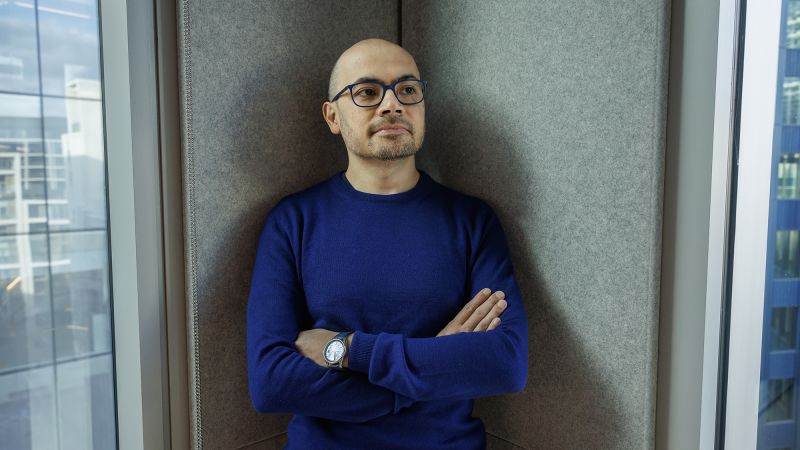Demis Hassabis, the Chief Executive Officer of Google’s AI research division, DeepMind, and a recipient of the Nobel Prize, has conveyed a unique perspective on the implications of artificial intelligence (AI) in the workforce. Contrary to the popular narrative that AI may precipitate a “jobpocalypse,” Hassabis is more concerned about the potential misuse of AI technology than its ability to displace jobs. In a conversation with CNN’s Anna Stewart during the SXSW festival in London, he emphasized the alarming possibility that AI systems could be exploited by malevolent actors due to inadequate regulations.
Hassabis expressed that while the risk of job displacement is a significant issue, the prospect of AI falling into the wrong hands presents an even graver threat. He highlighted the concept of “artificial general intelligence,” an advanced form of AI that would possess human-like comprehension and capabilities. During the dialogue, he noted, “A bad actor could repurpose those same technologies for a harmful end,” underscoring the necessity of imposing strict regulations to safeguard such powerful systems. Hassabis articulated the need for mechanisms that could restrict access to dangerous technologies, while simultaneously permitting benevolent uses of AI.
Recent warnings from other AI stakeholders, such as the CEO of Anthropic, intensify this concern. This leader predicted that AI could eliminate half of entry-level white-collar jobs. However, Hassabis remained skeptical of this perspective, directing his attention to the dangers of advanced AI rather than its impact on employment. He noted that while there might be genuine concern about the job market, his focus is directed toward ensuring that AI technologies are employed in a manner that uplifts society. AI’s burgeoning role in the creation of fraudulent content, for instance, has already been flagged by entities like the Federal Bureau of Investigation, which noted that hackers could use AI to fabricate audio messages impersonating U.S. officials.
Moreover, the explosive rise of deepfake technology has raised ethical alarms, with legislation like the Take It Down Act aiming to combat nonconsensual explicit content online. The duality of AI – being both a remarkable technological advancement and a double-edged sword – looms large in discussions surrounding its regulation and use. Although many heralded AI as a transformative technology, concerns about its misuse by scammers and cybercriminals are significant, especially as speeds of technological sophistication escalate and outpace regulations.
Interestingly, Google has made adjustments to its AI ethics policy in recent months, opting to remove references to its commitment not to use AI for military or surveillance purposes, raising further questions about the ethical framework governing this powerful technology. Hassabis advocates for an international consensus on AI usage fundamentals, to protect autonomy and ensure the technology serves society’s best interests. He recognizes the complexity of establishing such agreements amid geopolitical tensions but supports the notion that clarity will emerge as the technology evolves.
As AI’s capabilities expand, Hassabis envisions a future filled with AI “agents” that will assist individuals in managing daily tasks, marking a new era in AI applications, which include developing AI-powered smart glasses and enhanced search functions at Google. These envisioned AI assistants would not only handle mundane chores but also enrich users’ lives through personalized recommendations, enhancing both productivity and overall enjoyment.
While some industry leaders, such as Anthropic CEO Dario Amodei and Meta CEO Mark Zuckerberg, express beliefs that AI could perform many jobs better than humans, Hassabis maintains a more tempered view. He doesn’t foresee a wholesale eradication of jobs but suggests that AI could create new roles and increase productivity across industries. However, he acknowledges the need for societies to adapt and strategize on how to equitably distribute the economic benefits resulting from increased productivity due to AI.
Drawing comparisons to the evolution of the internet, Hassabis underscores that transformative technological change often leads to the emergence of new job types, even as some existing roles become obsolete. His remarks highlight an awareness of the considerable shifts AI will bring, instigating a pressing dialogue on the coexistence of humans and technology in the work environment. In conclusion, as humanity navigates this pivotal transformation, the collective focus must remain on harnessing AI’s vast potential while safeguarding against its risks.



